Call
Not Tomorrow, But Today: Kombat and the Youth Revolution in Gombe
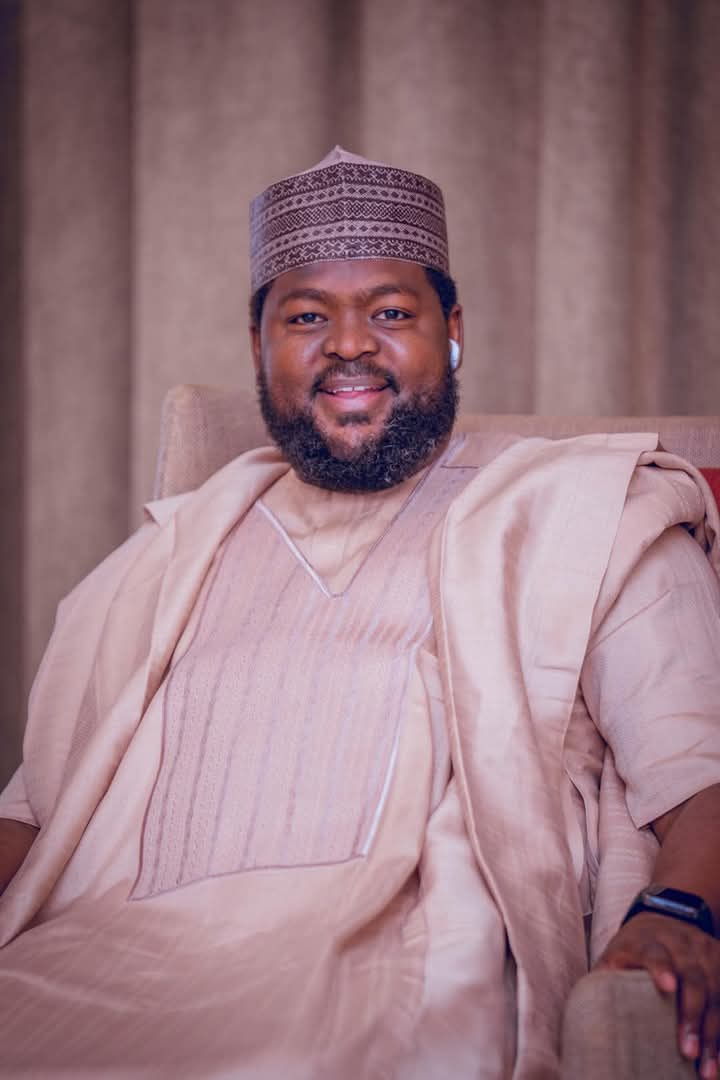
By Comrade Muhammad Kabiru
There comes a moment in history when a single name reverberates across the valleys and hills of a society, not out of mere popularity, but due to the deep sense of hope and belief it inspires in the hearts of the people. That name, at this historic moment in Gombe State, is Engineer Aliyu Mohammed Kombat A man whose emergence has electrified the political space and awakened the dreams of thousands of young people across the state.
From Gombe South to Gombe Central, and all the way to Gombe North, the name Kombat is no longer just a name it has become a movement, a testament, and more importantly, a symbol of the new dawn we have long yearned for. Whether you scroll through Facebook, glance at X (formerly Twitter), or take a stroll through the streets of Pantami, Billiri, Dukku or Funakaye one slogan echoes louder than any other: “It’s Youths O’Clock!”
And indeed, it is Youths O’Clock a time when young people are no longer content with being cheerleaders in the political theatre. This time, we are the actors, the thinkers, the strategists, and most vitally, the drivers of change. Engineer Kombat has become the embodiment of this reality. He is one of us humble in spirit, rich in vision, grounded in capacity, and rooted in the realities of everyday people. His name is not pushed by propaganda; it’s carried by passion, by conviction, by the overwhelming yearning of a generation seeking real representation.
What makes the Kombat phenomenon truly phenomenal is the overwhelming non-partisan love he is enjoying. From the opposition to the ruling party, from elders to first-time voters, from university campuses to farmlands, the song is the same “Let him answer the clarion call!” It’s a rare moment when a person garners such genuine goodwill across political and socio-economic divides. It shows that the people are not just shouting his name, they trust his essence.
But with this wave comes a responsibility. The task ahead of us is not just to cheer from the sidelines, but to back our hope with prayer, strategy, and unity. We must pray that Engineer Aliyu Mohammed Kombat listens to the heartbeat of his people, and that God plants in him the conviction to respond positively to this call to serve. Leadership is not always sought sometimes, it seeks the prepared, and right now, Gombe’s youth are calling.
This is not just about politics; it is about reclaiming our collective destiny. It is about changing the narrative that the youth are leaders of tomorrow no, the tomorrow we were promised is here, and we are ready. Kombat is not just a man; he is a mirror reflecting our highest dreams and the urgency of now.
So, as the drums continue to beat, and the chorus of hope grows louder, let us remember that we are not just supporting an individual. We are igniting a generation. Gombe is rising, and the youth are no longer watching from the shadows.
It is truly Youths O’Clock. And Kombat is the hour hand pointing us to a brighter future.
Call
Stop Spreading Lies, Support Peace — Tangale Leaders Tell Rumour Peddlers

By Our Correspondent
Leaders of the Tangale community in Gombe State have dismissed as false and misleading the rumour circulating on social media about the alleged removal of the Mai Tangle by the Court of Appeal.
The community leaders described the report as a baseless fabrication orchestrated by individuals they referred to as “enemies of the Tangale community,” allegedly residing in Abuja, with the aim of causing confusion and division among the people.
Addressing journalists in Billiri, the leaders urged the Tangale people to disregard such misinformation and continue to live in peace and unity.
Those who spoke included Mrs. Egla Idris, Chairperson of Billiri Local Government Area; Maisharu John Buba, National Vice President of the Tangale Community Association; and Alhaji Muhammad Saidu Fawu, Commissioner for Water, Environment and Forestry, Gombe State.
They jointly emphasized that there was no statement, either directly or indirectly, from any competent authority indicating the removal of the Mai Tangle, stressing that the traditional institution remains intact and respected.
The leaders further appealed to those “nursing divisive ambitions” within the community to desist and instead channel their energy toward supporting the Mai Tangle for the progress and development of the Tangale land and Gombe State at large.
While commending Governor Muhammadu Inuwa Yahaya for his continued efforts in maintaining peace and stability across the state, the leaders offered prayers for his administration to succeed in its mission of moving Gombe State forward.
Call
Dukku/Nafada Rep El-Rasheed Bala Visits Gombe–Dukku–Darazo Road, Seeks NEDC Intervention

By Adamu Ali Tongo
As part of his continuous advocacy for the rehabilitation and reconstruction of the Gombe–Dukku–Darazo Road, the Member representing Dukku/Nafada Federal Constituency, Hon. Abdullahi El-Rasheed Bala, on Sunday embarked on an on-the-spot assessment visit to ascertain the current condition of the road.
The visit aimed to provide firsthand insights that will further strengthen his engagements with relevant authorities towards ensuring the speedy rehabilitation of this critical road corridor.
Speaking with our correspondent, Adamu Ali Tongo, during the visit, Hon. El-Rasheed Bala said that rehabilitating the road would not only restore ease of movement but also promote regional integration, boost agricultural value chains, enhance trade, and create new opportunities for small and medium-scale enterprises.
He emphasized that the project would serve as a major driver of socio-economic growth and prosperity across the North-East region.
Hon. El-Rasheed further revealed his plan to collaborate with the Gombe State Governor, Muhammadu Inuwa Yahaya, to ensure the road is rehabilitated so that motorists plying it can enjoy the dividends of democracy.
Demonstrating his commitment to the cause, El-Rasheed disclosed that he had written to the North-East Development Commission (NEDC), drawing attention to the deplorable state of the Gombe–Dukku–Darazo Road and requesting the Commission’s urgent intervention for its comprehensive rehabilitation and reconstruction.
He reaffirmed his steadfast commitment to championing infrastructural development and improving the quality of life of the people of Dukku/Nafada Federal Constituency and the entire Gombe State.
It could be recalled that on 7th November 2023, Hon. Abdullahi El-Rasheed Bala moved a motion on the “Need to Rehabilitate the Gombe–Dukku–Darazo Road and Upgrade it to Truck ‘A’ Standard” in the list of federal roads.
Call
Sarkin Hausawa of Gombe Calls for Unity, Peace, and Promotion of Hausa Culture
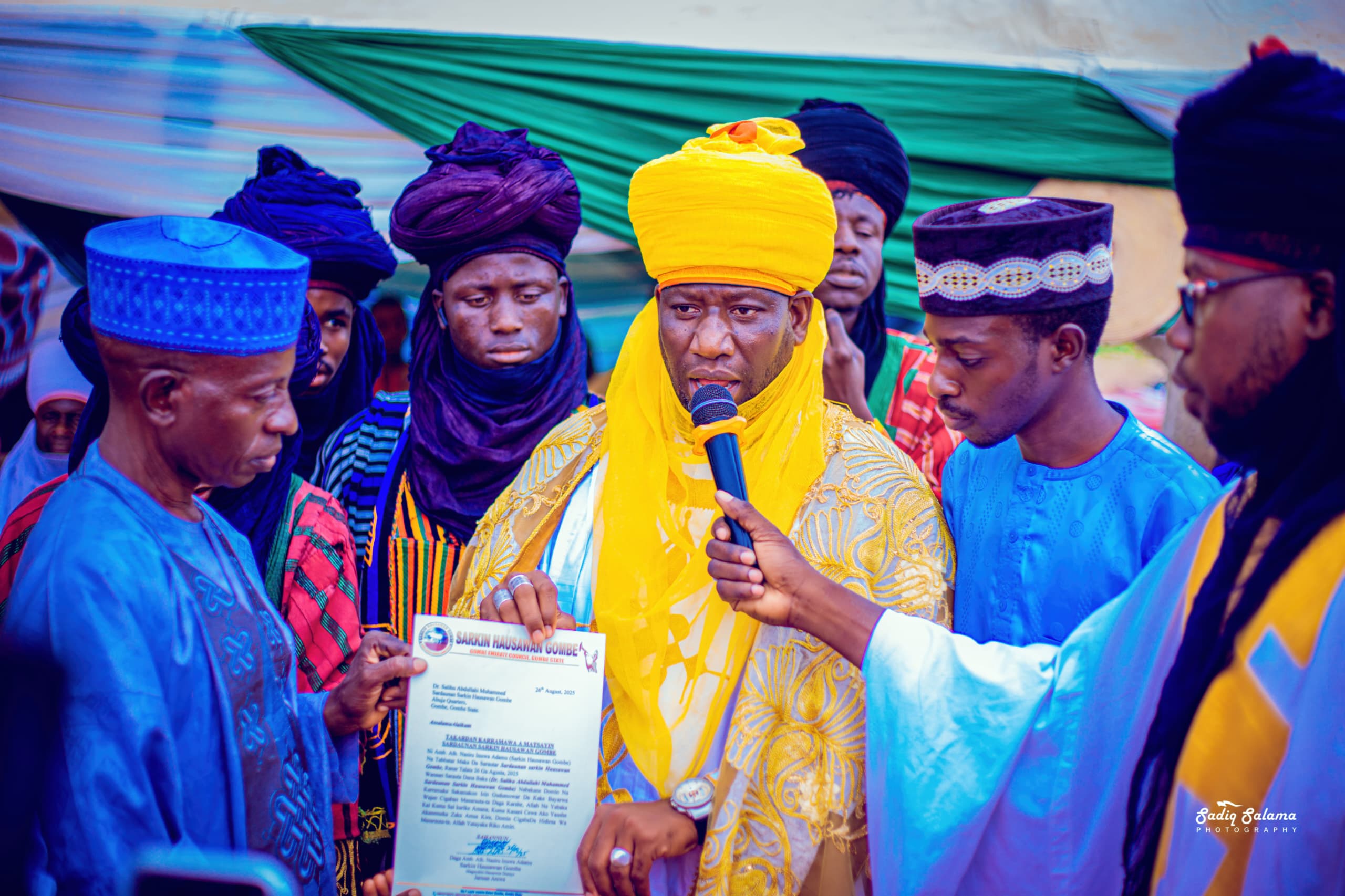
By Editor Daily Fact
The Sarkin Hausawa of Gombe, Alhaji Nasiru Inuwa Adamu, has called on residents of Gombe State to embrace unity, peace, and the promotion of cultural values that strengthen social harmony.
He made the call during the commemoration of World Hausa Day, celebrated every year on the 26th of August as set aside by the United Nations to honor the Hausa language, history, and cultural heritage.
Speaking at the event in Gombe, Alhaji Adamu expressed appreciation to the people of Gombe and the Emir of Gombe, Alhaji Dr. Abubakar Shehu Abubakar III, for providing an enabling environment where Hausa people and other communities can live peacefully and preserve their traditions.
The celebration featured a keynote lecture delivered by Dr. Muhammad Abdullahi (Jarman Kumo), who spoke extensively on the historical antecedents of the Hausa people, their cuisine, educational values, and way of life. He emphasized the need to preserve the Hausa identity in the face of modern challenges.
The event also included cultural displays, paper presentations, and a grand Hawan Durbar in the evening, which attracted a large crowd of residents, traditional leaders, academics, and cultural enthusiasts who came to witness the rich heritage of the Hausa people.
Prominent personalities from across the state graced the occasion, lending their voices to the importance of cultural preservation as a tool for unity, peacebuilding, and social development.
The Sarkin Hausawa reiterated that World Hausa Day should serve as a reminder for younger generations to embrace their heritage, language, and values while contributing positively to the peace and progress of Gombe State and Nigeria at large.
-

 Leadership1 year ago
Leadership1 year agoBreaking: African Union Appoints Pantami as Co-Chair of the 4th Industrial Revolution Policy Council
-
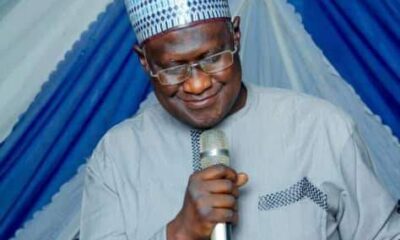
 Appointment1 year ago
Appointment1 year agoGombe State Indigene, Appointed New Vice Chancellor (ATBU)
-

 Politics2 years ago
Politics2 years agoFormer Gombe State APC Promoters Forum Chairman Attacked Following Political Commentary
-
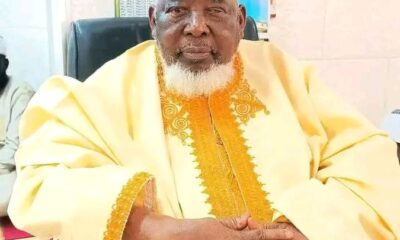
 Death8 months ago
Death8 months agoProminent Nigerian Islamic Scholar, Sheikh Sa’idu Hassan Jingir, Passes Away
-
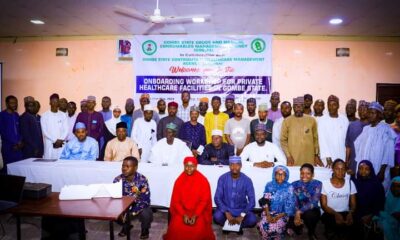
 Health1 year ago
Health1 year agoGombe State Organizes Onboarding Workshop for Private Healthcare Facilities
-
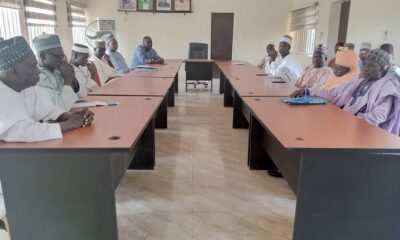
 Water2 years ago
Water2 years agoGombe Government Mobilizes Stakeholders to Combat Illegal Water Connections
-
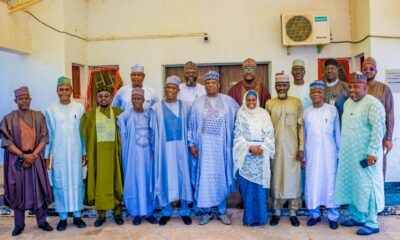
 Politics1 year ago
Politics1 year agoGombe State Inaugurates Human Capital Development Council
-
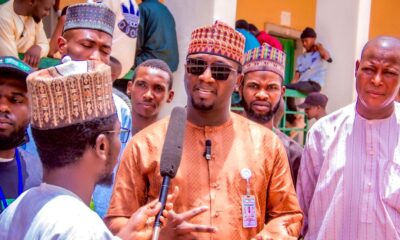
 Politics2 years ago
Politics2 years agoGombe State Launches Presidential Palliative Program (PPP) to Aid Small Businesses
